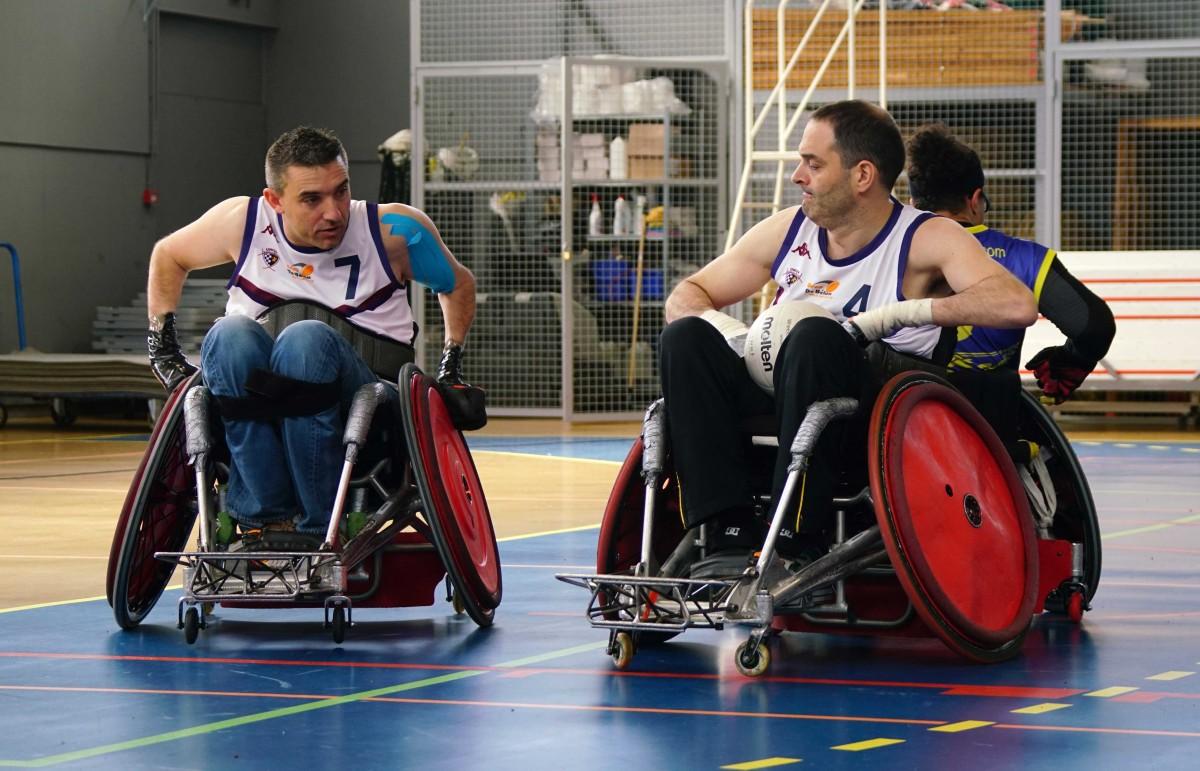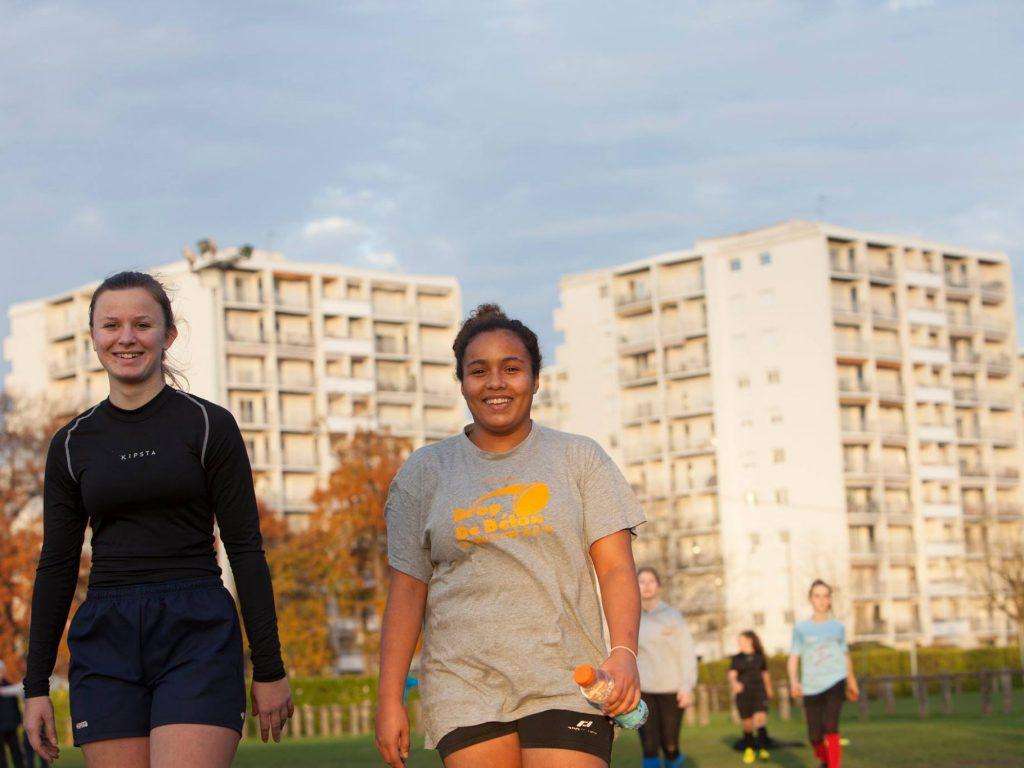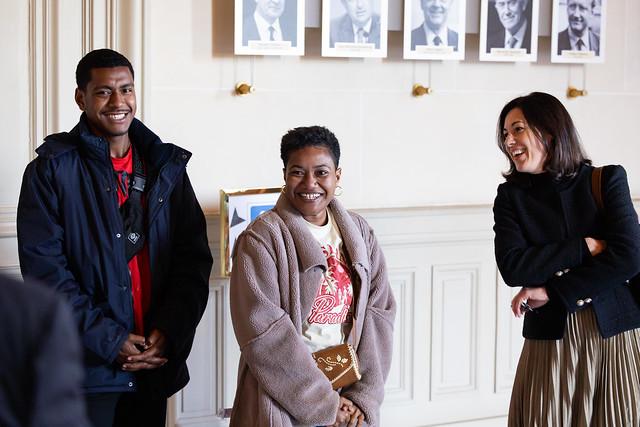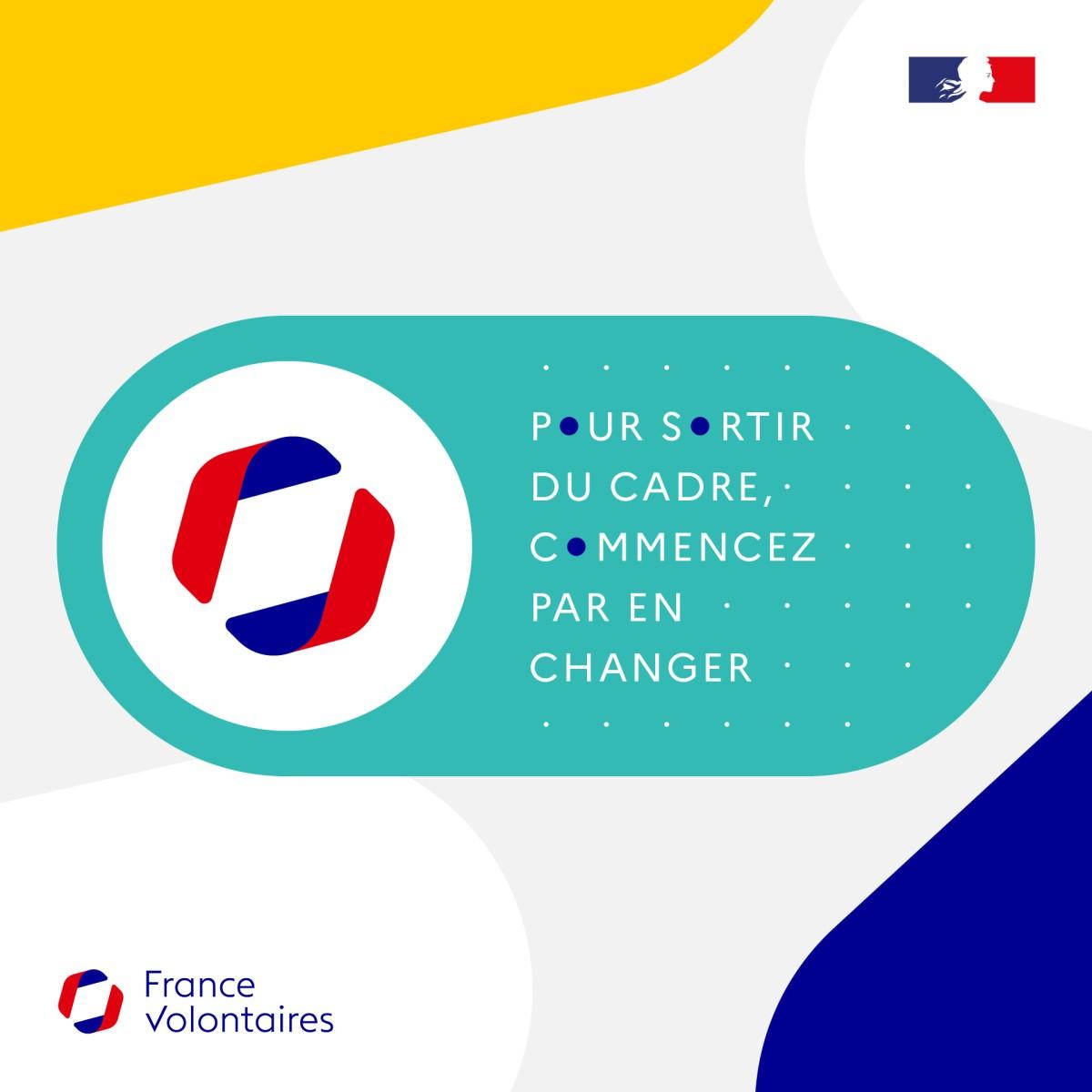At Drop de Béton, solid bonds are built through rugby

In the Bordeaux metropolitan area, the Drop de Béton association promotes social inclusion through rugby. Over the past few weeks, Makarita, a 22-year-old volunteer from the Fiji Islands, has been bringing her energy and expertise to wheelchair rugby and women's rugby training. Here we take a look at a structure where rugby is much more than just a game.
Rather than chasing performance or trophies, the goal is clear: using sport as a vector for social and professional inclusion. Based in Mérignac, Gironde, Drop de Béton has been offering a wide range of activities around rugby since 1997, including women’s rugby, rugby for the disabled, rugby for the community and rugby for health.
“Each project is run by our sports instructors and is designed for a different audience, ranging from young people in disadvantaged neighborhoods to people with disabilities,” says Hugo Gille, one of the sports instructors.

It was in this context that Makarita Nakavulevu, a young Fijian volunteer, joined the association on January 13 for a seven-month period, along with three other Fijian volunteers currently involved in other sports associations in France. Her arrival was facilitated by a partnership with Cool’eurs du Monde, which promotes the international mobility of young people. “Rugby is deeply rooted in the Fijian culture, it’s something very important over there. When the opportunity arose, Cool’eurs du Monde immediately thought of us”, says Hugo.
Makarita, from the Pacific all the way to France
The impact of the 21-year-old volunteer within the association was immediately palpable. Among other things, she attends wheelchair rugby and women’s rugby training sessions, bringing her energy and skills – she is taking a degree in sport at the University of Suva, Fiji – to motivate the players. “She has a different way of approaching games. Having a Fijian volunteer in their training is inspiring for the girls. It’s an enlightening experience both for them and for us,“ he adds, even if the language barrier sometimes presents a minor obstacle: ”She speaks English very well, the worry is that nobody speaks it very well back home,” he jokes.

Among Makarita’s missions, supporting the wheelchair rugby section plays an important part. This Paralympic discipline, still unknown to the public until the Paris 2024 Games put the spotlight on it, allows players with disabilities to play sport involving intense contact and strategy. “Our club plays in the second national division, and training takes place twice a week. Makarita helps preparing the players, equipping them, and also assists them during and after the training session,” explains Hugo.
Wheelchair rugby: a platform for inclusion
Cédric, a Drop de Béton sports educator trained in adapted physical activities, came up with the initiative. This approach is perfectly in line with the values of the structure: to offer opportunities to people who are sometimes left aside, to give them the chance to get together and share a sporting and social experience.
Although Makarita’s current missions focus mainly on wheelchair rugby and women’s rugby, the upcoming summer will bring her even greater responsibilities. “Summer is our busiest time. She’ll be working in social centers, with young people who don’t necessarily have access to sports opportunities”, as Hugo puts it. Beyond her on-site presence, Makarita’s volunteering is also a means of encouraging cultural openness among young women curious to discover her culture, creating a reciprocal exchange where each learns from the other.
The FEF-R program, an important step in the cooperation between France and Fiji
Alongside Makarita, three other Fijian volunteers were deployed in France last January: Manoa Keteca, on a project with Visions Mêlées (also in Bordeaux), Joshua Yee, assistant coach at the table tennis club in Hennebont (Morbihan) and Henry Hiramatsu, assisting the Scoope association in Saumur (Maine). Their arrival is in line with the principle of reciprocity, which enables volunteers from our partner countries to carry out international solidarity missions in French non-profit organizations or local authorities. Their deployment was financed through the Fonds Équipe France (FEF)-R, one of the bilateral cooperation mechanisms of the French Ministry of Europe and Foreign Affairs. In the case of Fiji, the aim is to support a number of strategic areas in the field of sport, such as access to infrastructure, support for inclusion policies, the fight against discrimination and reintegration through sport.



